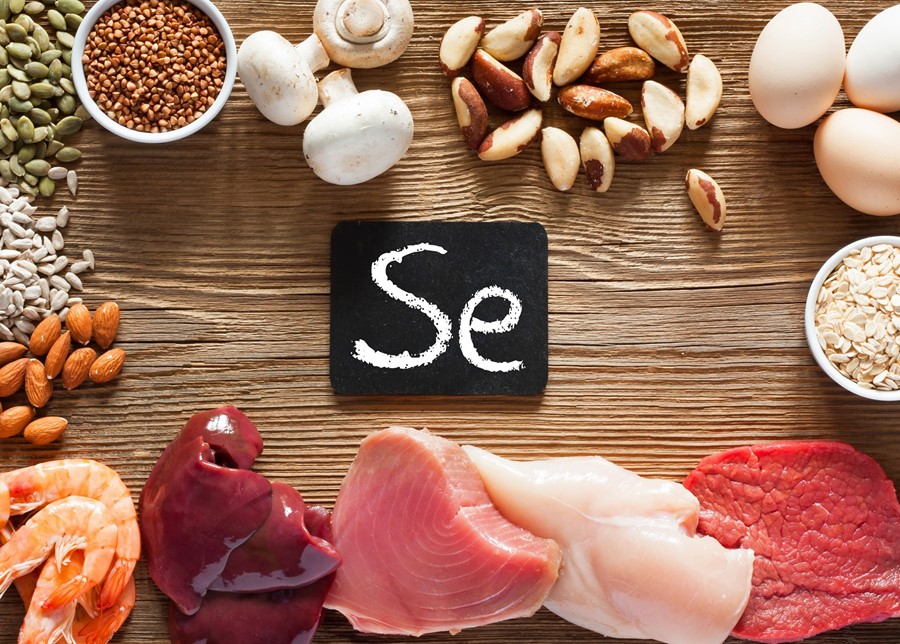It is estimated that nearly 90% of Brits are Selenium deficient, which is worrying when research is demonstrating its importance in reducing cancer rates
A recent US study showed a halving of deaths from cancer in patients taking selenium supplements
- Does It Affect Everyone? The impact of supplements is expected to be greatest on those with the lowest levels of selenium in their blood. But even for those with relatively high levels, supplementation appears to have beneficial effects. One study in the US showed that people with natural levels between 120 and 134 micrograms per litre who took supplements of 200 micrograms a day showed evidence of "considerable immuno-enhancing effects" - that is, a stronger immune system. Another study showed a near doubling in the activity of killer cells in the immune system.
- Common Cancers: One US study showed that deaths from all kinds of cancer were halved in the group given selenium and there were 63 per cent fewer cancers of the prostate, 58 per cent fewer cases of bowel cancer and 46 per cent fewer cases of lung cancer. The strongest effect was seen in those with the lowest blood level of selenium at the outset, below 106 micrograms per litre
- Best Sources Of Selenium: Most of our selenium is obtained from meat, poultry and fish which together account for over a third of our daily intake. Another fifth comes from bread and cereals made with wheat, which, although not a good source, is so commonly consumed it accounts for a significant proportion of the total. The highest levels are obtained from brazil nuts, and kidneys. Other good sources are shellfish, especially crab, other fish and liver.
- Foodstate Selenium: Chemical Selenium supplements are in the form of sodium selenite and selenomethionine. There are toxicity concerns with both types, and Foodstate selenium is much better absorbed used and retained than the chemical forms without any of the toxicity concerns






